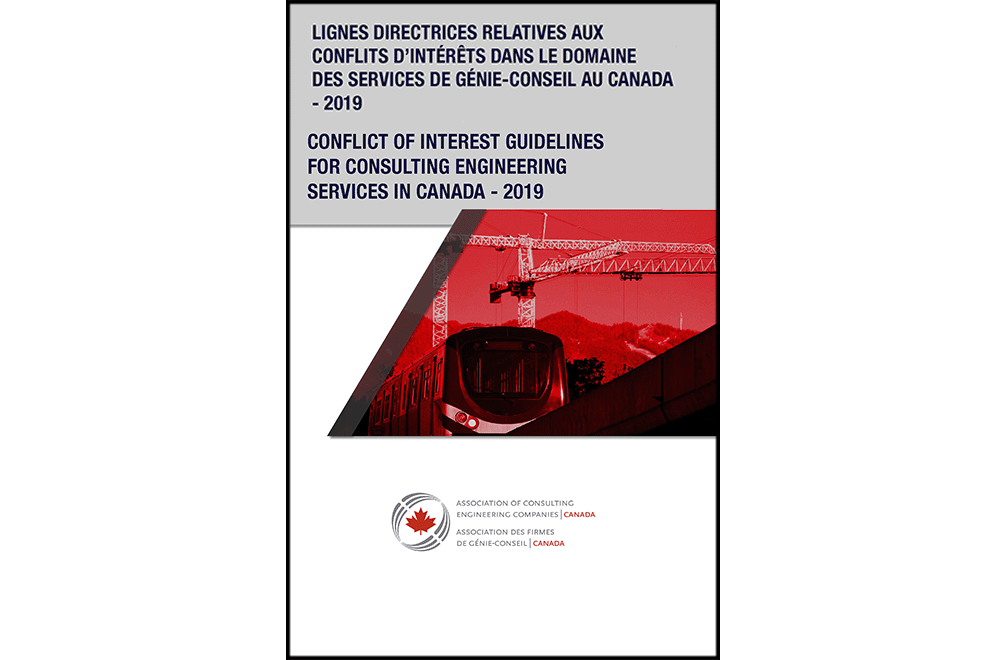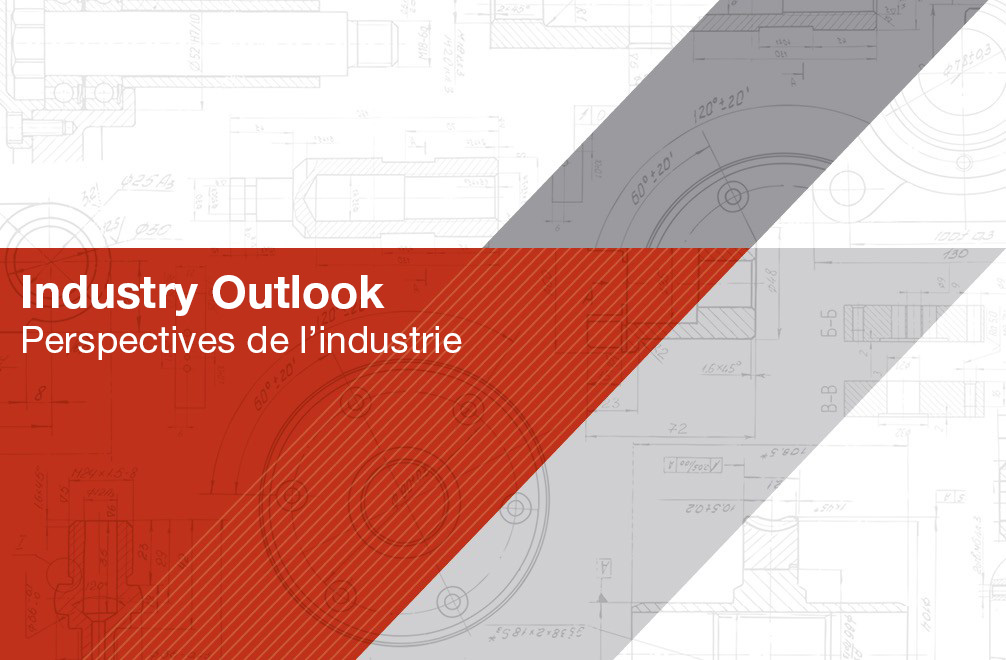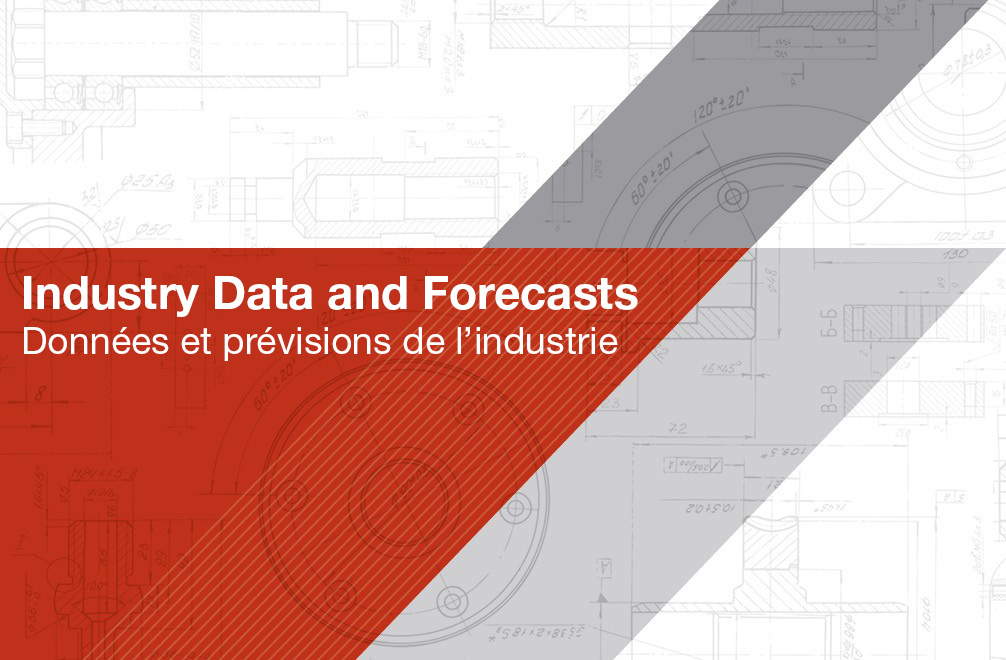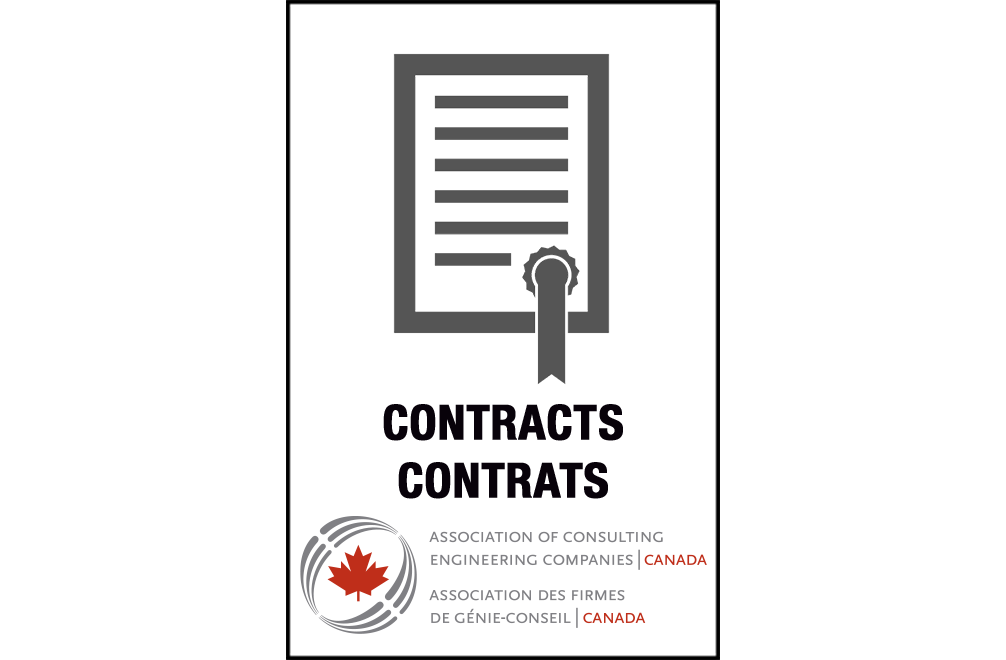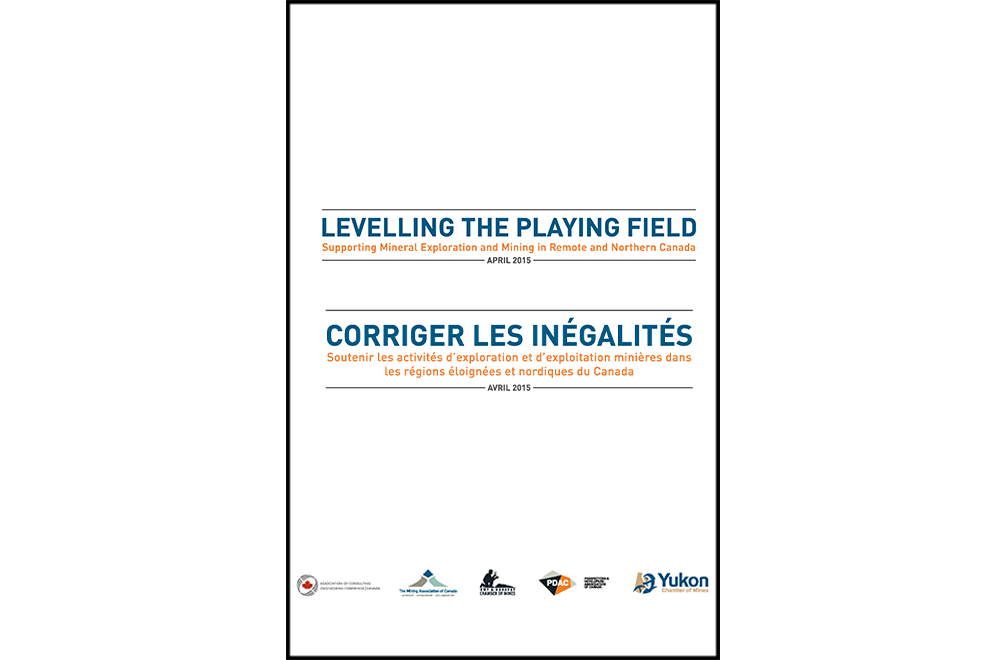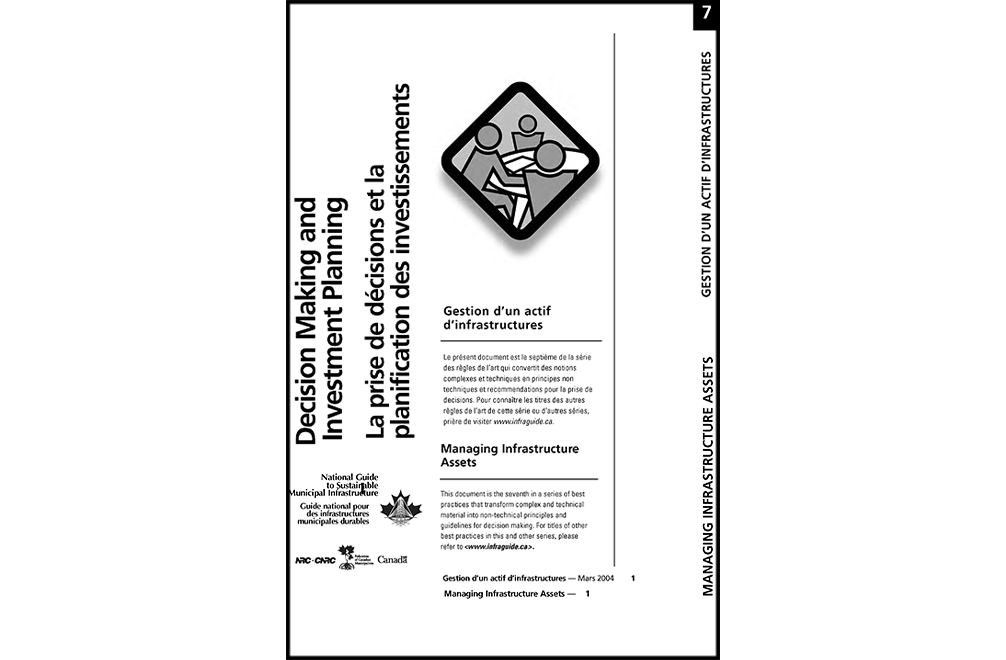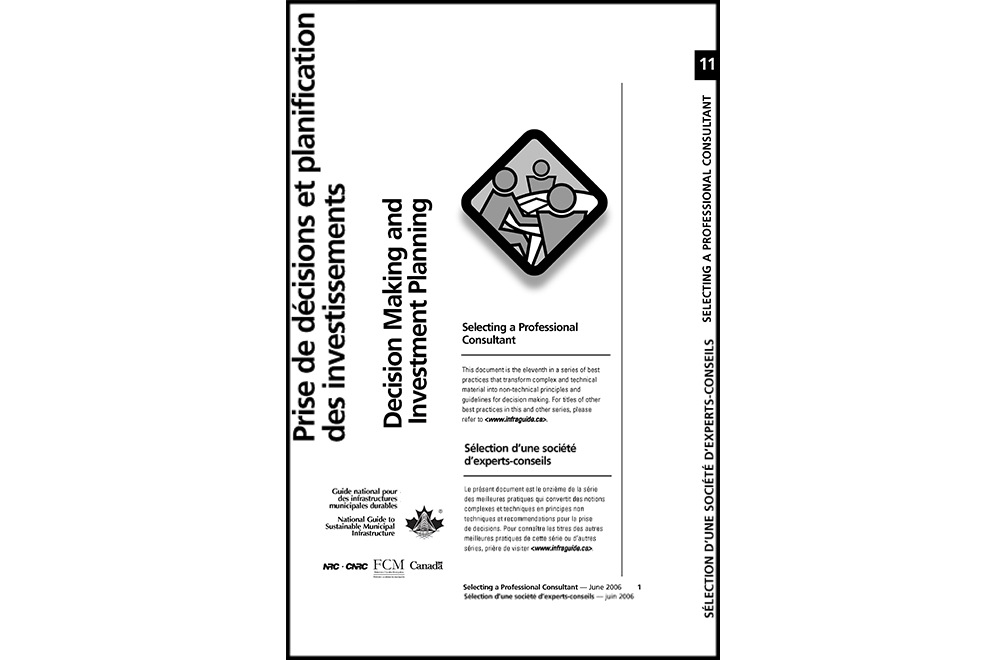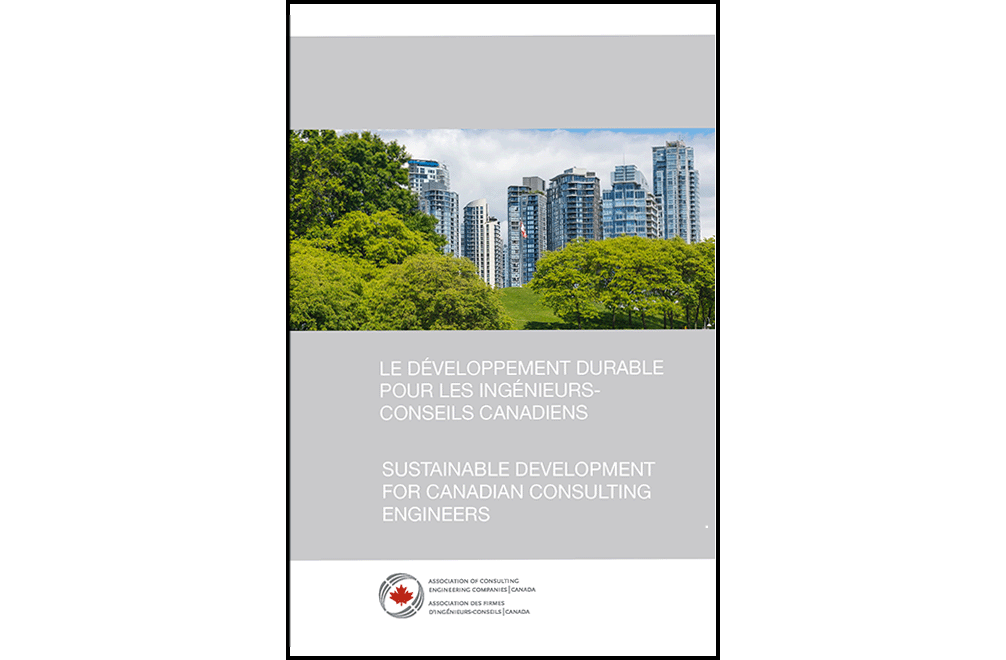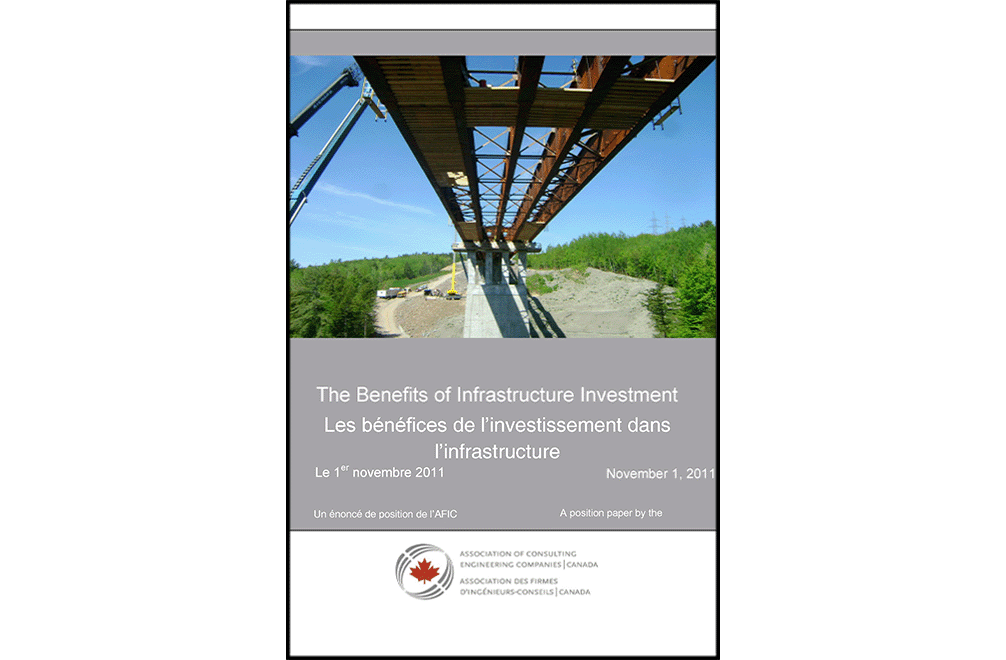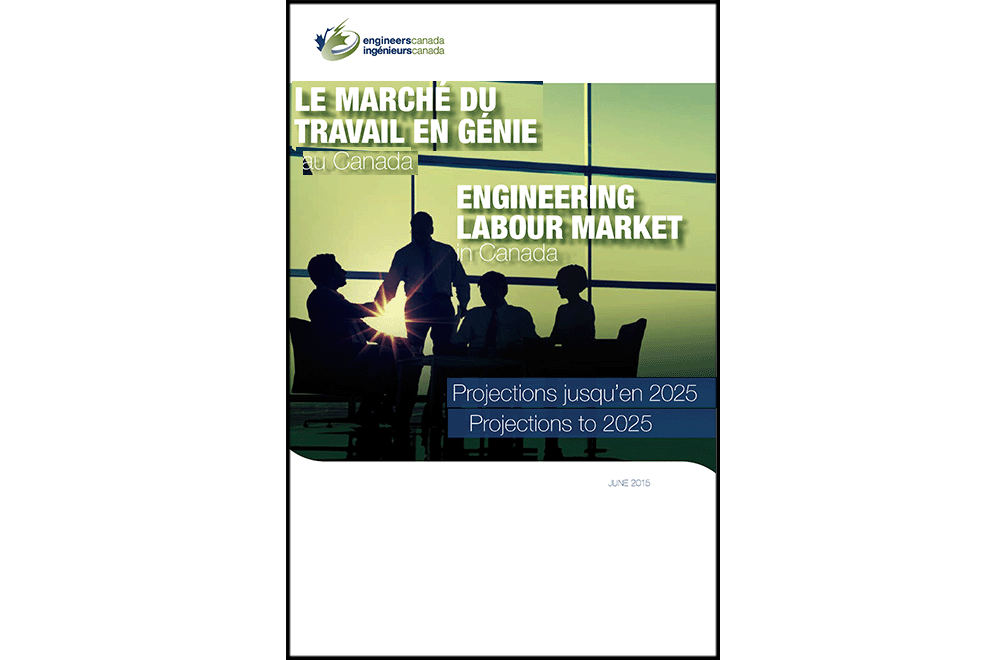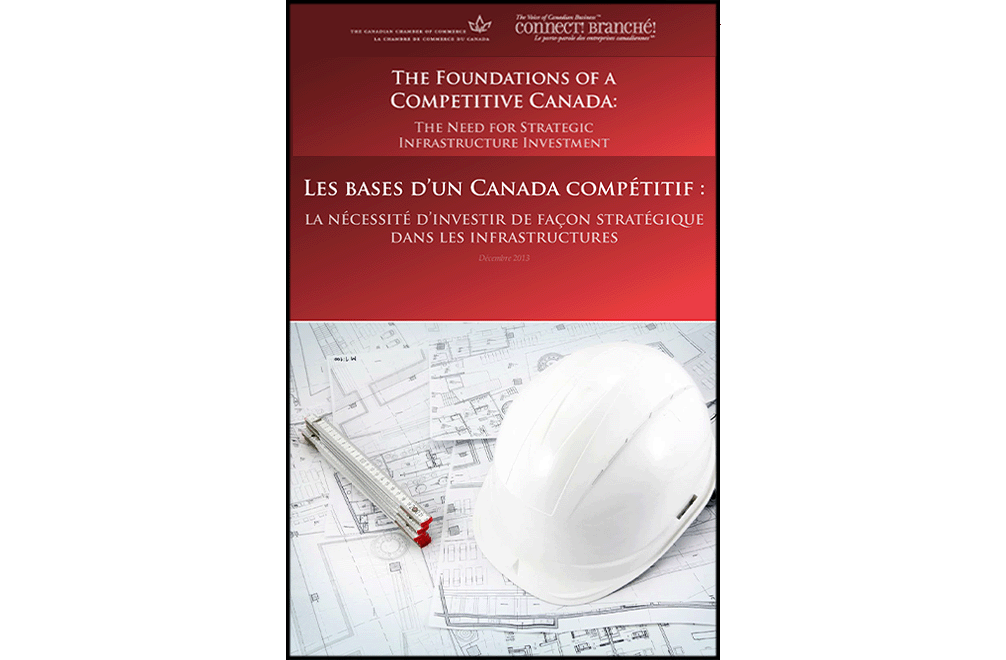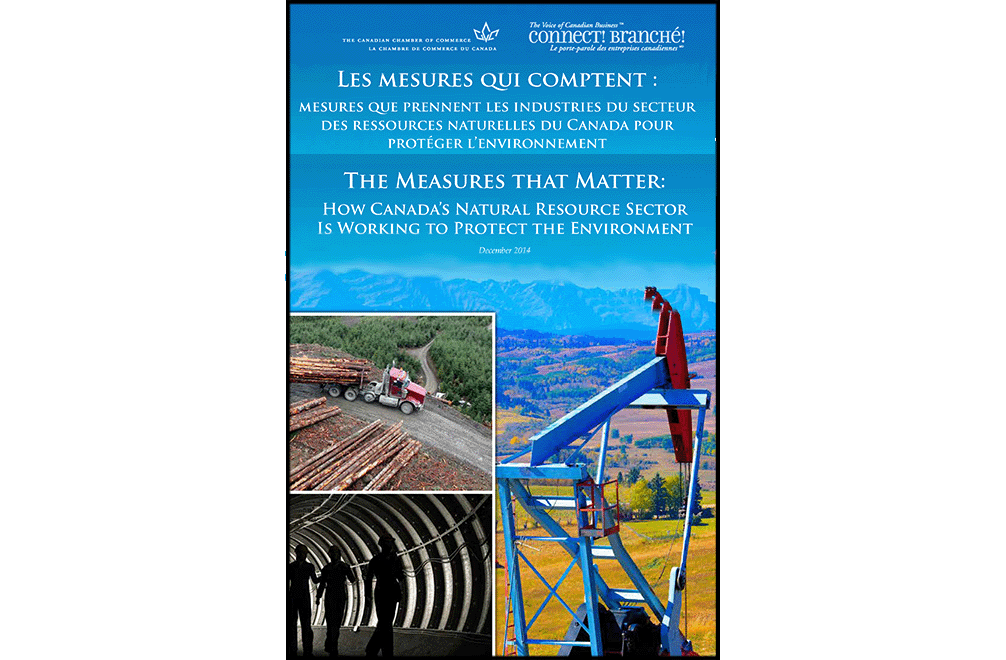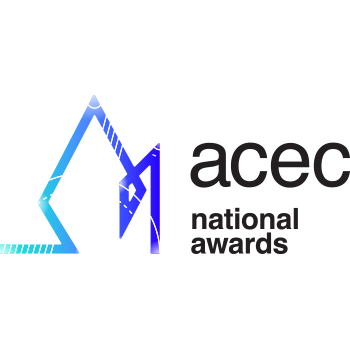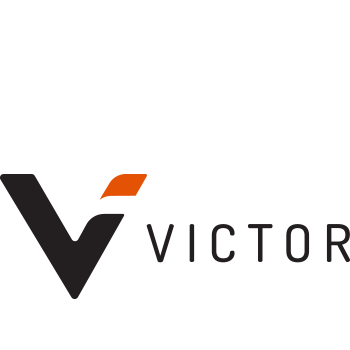As a result of increasingly large-scale and complex projects with large interdisciplinary teams, many consulting engineering firms have been faced with varying and sometimes inconsistent interpretations of conflict of interest or unfair advantage by clients and their procuring agencies. Perception of such situations can occur by the very nature of today’s megaprojects. For example, consultants and sub-consultants who have been involved at early or previous stages of projects (i.e. planning, preparation or drafting of the Environmental Assessment, Preliminary Design, and Business Planning stages) have at times prohibited from directly or indirectly participating in subsequent phases of the project.
To help manage and mitigate conflict and unfair advantage situations, ACEC adopted a national guideline based on a conflict of interest guideline produced by Consulting Engineers of Ontario (CEO) in 2015 that anticipated these very scenarios. The ACEC guideline has been adapted to address conflict of interest and unfair advantage in a national context and has been expanded to address concerns arising from recent interprovincial and international trade agreements.
Accordingly, this revised and updated national policy:
• provides public and private organizations with a well-defined framework for making informed decisions on a sustainable basis prior to project start;
• minimizes impacts to both the public and private sectors and ensures that both parties enjoy the benefits that can be derived from capital investments by public agencies and their private sector partners; and
• considers not only the benefits to the public and private sector parties involved in infrastructure projects, but also to the community at large.

